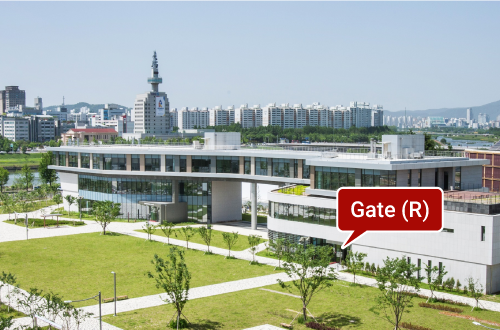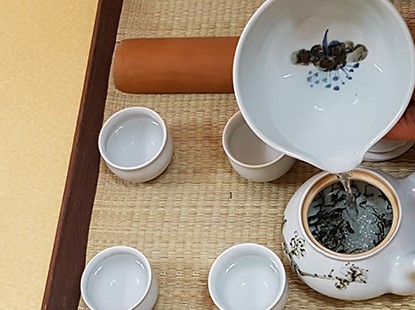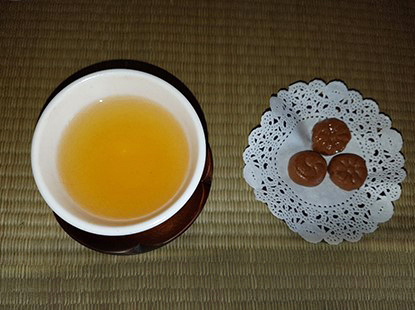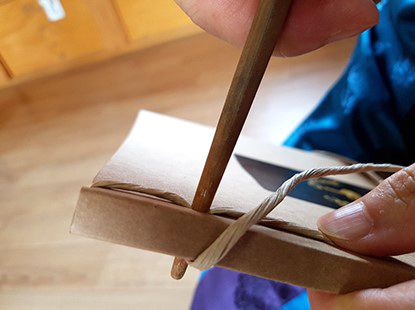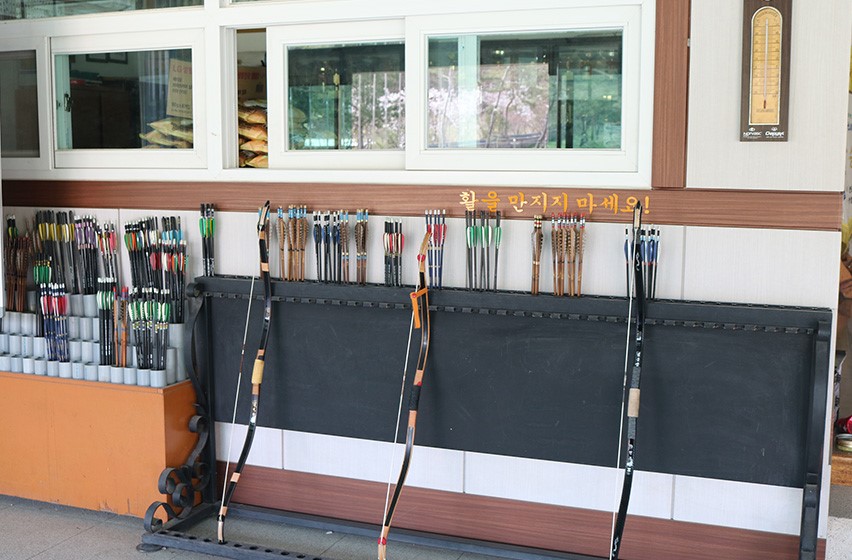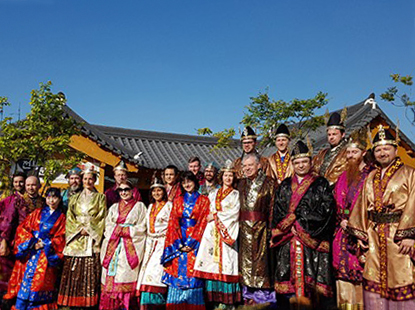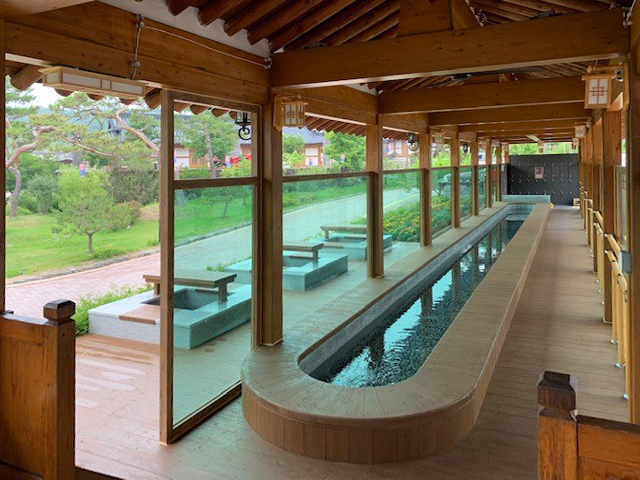IBS Conference on
Planetary Science
and Space Exploration
Date
July 22 – 25, 2024
Venue
Science Culture Center, Institute for Basic Science (IBS)
Daejeon, South Korea
Image credit: NASA/JPL
Welcome to the Planetary Science and Space Exploration 2024
Planetary Science and Space Exploration (PSSE) aims to share the latest findings and recent and upcoming space missions, providing exciting scientific targets for future studies.
PSSE welcomes talks and posters on recent results, new methods and facilities, and ongoing modeling efforts that suggest diverse and comparative scientific approaches for general planetary scientists.
Date & Venue
July 22nd – 25th, 2024
Science Culture Center, Institute for Basic Science(IBS), Daejeon, South Korea
Important Dates
17th May 2024 (Fri)
Abstract submission deadline
21st June 2024 (Fri)
Late abstract submission deadline
* Only for posters
15th July 2024 (Mon)
Registration deadline
On-site registration
22nd July from 5:00 PM to 7:00 PM
23rd July from 9:00 AM to 6:00 PM
Contact
Topics
Planetary Science and Space Exploration (PSSE) aims to share the latest findings, and recent and upcoming space missions, providing exciting scientific targets for future studies. PSSE welcomes talks and posters on recent results, new methods and facilities, and ongoing modeling efforts that suggest diverse and comparative scientific approaches for general planetary scientists.
PSSE is held right after COSPAR, as one of the satellite events. Each session combines associated planetary science topics, providing excellent opportunities for participants to get an overview of the research trends. This is different from COSPAR, which has specific topics in parallel, resulting in situations where participants likely need to choose to attend one session at a time.
Korea will establish its space agency in May 2024. PSSE will allow participants to network for international collaboration, especially with the Korean community.
Program
| 17:00-19:00 | Welcome Reception (drinks and finger food) |
| 09:40-10:00 | Coffee & Tea |
| Moon, Earth, and near Earth | |
| 10:00-10:20 | Yeon Joo Lee Welcome, Introduction of the CLOVE project and PAG at IBS, S. Korea |
| 10:20-10:50 | Eunhyeuk Kim An Overview of the Korean Moon mission, KPLO[Abstract] |
| 10:50-11:10 | Jinah Lee Lie Group-based Propagation System for Orbit-Attitude Coupled Motion of Spacecraft near Small Celestial Body[Abstract] |
| 11:10-11:30 | Zhengqiang Li Polarization Satellite: Exploration of the Enhancements in Optical Remote Sensing for Atmospheric Observation[Abstract] |
| 11:30-12:00 | Shyama Narendranath Indian Planetary Program[Abstract] |
| 12:00-12:20 | LOC Guide to the area (lunch/dinner places) |
| 12:20-13:30 | Lunch |
| Terrestrial Planets 1: Exploration and modeling | |
| 13:30-14:00 | Ralph Lorenz Exploration of Terrestrial Planetary Atmospheres[Abstract] |
| 14:00-14:20 | Hoonjung Yeo Aero-Thermodynamic Analysis Framework for Martian Entry Capsule Design[Abstract] |
| 14:20-14:50 | Sebastien Lebonnois Overview of Numerical Modeling of Terrestrial Planetary Atmospheres[Abstract] |
| 14:50-15:10 | Masahiro Takagi Planetary-scale waves and their dynamical roles in the Venus atmosphere[Abstract] |
| 15:10-15:30 | Takeshi Imamura Wave-induced cloud formation on Venus[Abstract] |
| 15:30-16:00 | Coffee & Snack |
| Terrestrial Planets 2: Exploration and observations | |
| 16:00-16:20 | Dmitrij Titov Venus atmospheric dynamics: digging into the Venus Express observations[Abstract] |
| 16:20-16:50 | Lucia Marinangeli The Joint NASA-ESA Venus Science Coordination Group (VESCOOR) to Support the Three Venus Spacecraft[Abstract] |
| 16:50-17:10 | Dmitry Gorinov Venera-D: Mission for A Comprehensive Study of Venus[Abstract] |
| 17:10-17:30 | Dohoon Kim Comparative Analysis in Hypersonic Flow Modeling for Venusian Entry[Abstract] |
| 17:30-17:50 | Miyu Sugiura Variations of tropopause height and gravity waves in the Venusian polar atmosphere[Abstract] |
| 17:50-18:00 | Group photo |
| 18:00-19:00 | Poster & Reception (drinks and finger food) [Poster Abstracts] |
| 09:40-10:00 | Coffee & Tea |
| Atmospheric chemistry and dynamics | |
| 10:00-10:30 | Korablev Oleg Atmospheric Chemistry Suite onboard ExoMars/TGO: six years of observations[Abstract] |
| 10:30-10:50 | Emmanuel Marcq The VenSpec suite on board EnVision[Abstract] |
| 10:50-11:10 | Denis Belyaev Ultraviolet spectroscopy of terrestrial planets: actual science objectives[Abstract] |
| 11:10-11:30 | Pedro Machado Venus’ transmission spectroscopy probing the atmosphere’s upper layers and used as a proxy for exoplanets characterization[Abstract] |
| 11:30-12:00 | Agustin Sánchez-Lavega Comparative Atmospheric Dynamics[Abstract] |
| 12:00-12:20 | Guo Zhuan Characteristics of Venusian gravity waves and thermal tides inferred from thermal infrared cloud images[Abstract] |
| 12:20-13:30 | Lunch |
| 13:30-20:00 | Excursion (TBA) including dinner, group photo |
| 09:40-10:00 | Coffee & Tea |
| Gas giants and moons | |
| 10:00-10:30 | Conor Nixon An Overview of Atmospheric Chemistry in Outer Planets/Moons[Abstract] |
| 10:30-10:50 | Sang Joon Kim Physical and Chemical Properties of Haze Particles in the Atmospheres of Titan, Saturn, and Jupiter from Cassini and Juno Observations[Abstract] |
| 10:50-11:20 | Yohai Kaspi Revealing the deep atmosphere and interior of Jupiter with Juno[Abstract] |
| 11:20-12:20 | Special Session Nilda Oklay Vincent How to publish at Nature Portfolio Journals[Introduction] |
| 12:20-13:30 | Lunch |
| Solar System | |
| 13:30-14:00 | Ian Wong Solar System Science in the Era of JWST[Abstract] |
| 14:00-14:20 | Evgenij Polarimetry as a tool for studying objects in Solar System and beyond[Abstract] |
| 14:20-14:40 | Gorden Videen Recent Progress in Polarimetry of Comets[Abstract] |
| 14:40-15:10 | Jean-Baptiste Vincent Future European Exploration of Small Bodies: Hera, Comet Interceptor, and other projects[Abstract] |
| 15:10-15:25 | Break |
| 15:25-15:55 | Shotaro Sakai Overview of atmospheric escape from terrestrial planets: Role of magnetic field and solar activity[Abstract] |
| 15:55-16:15 | Keshav R Tripathi Observation of the Venusian Ionosphere During Deep Solar Minima (2016-2022): Akatsuki Radio Science Experiments[Abstract] |
| 16:15-16:40 | Closing & Wrap-up |
Abstract
An Overview of the Korean Moon mission, KPLO
Eunhyeuk Kim
Korea Aerospace Research Institute
Korea Pathfinder Lunar Orbiter (KPLO, or Danuri in local language) was successfully launched on August 5, 2022 at Florida, USA. KPLO is the first space exploration mission of South Korea beyond the earth orbit and so far the spacecraft is operated as expected. Following the carefully designed Trans-Lunar trajectory for 4.5 months KPLO entered into moon’s mission orbit thanks to 3 consecutive lunar orbit insertion maneuvers, which were also planned prior the mission launch. Eventually we received first image of the lunar surface taken at the lunar mission orbit with 100km altitude and ~90 degree inclination angle on the very end of 2022. Since then, KPLO carried out nominal operation around the moon more than a year. KPLO collects valuable scientific data by using five science instruments on-board; Lunar Terrain Imager (LUTI), Polarimetric Camera (PolCam), Magnetometer (KMAG), Gamma-Ray Spectrometer (KGRS), and ShadowCam. KPLO is also equipped with a technology demonstration payload, DTNPL to validate a newly proposed space communication technology; Disruption Tolerant Networking. The science data of KPLO were already publicly released to general science communities to promote overall research on the moon. KPLO mission is aimed to operated for 1 year at the lunar mission orbit, and already entered into the extended mission phase, which will be continued by 2025. We will describe in more detail on the mission including preparation, design, assembling, launch, and operational and scientific results after the launch.
Abstract
Involving Africa in Planetary Science Defense
Youssef Moulane
Mohammed VI Polytechnic University (UM6P)
The increasing recognition of potential threats posed by near-Earth objects (NEOs) has led to a growing global interest in Planetary Defense initiatives. These efforts aim to identify, track, and mitigate the impact risk of asteroids and comets that could potentially collide with Earth. While this field has traditionally been dominated by space agencies and institutions from developed nations, there is a growing awareness of the need for a more inclusive and collaborative approach, particularly involving regions that have been underrepresented. This talk explores the sensibility of involving Africa in Planetary Defense efforts, emphasizing the continent’s unique contributions and challenges. Africa’s diverse geographical locations provide valuable observational perspectives, enhancing the global network for NEO detection and tracking. Furthermore, Africa’s burgeoning scientific community can actively contribute to the research and development of technologies for planetary defense.
Addressing the involvement of Africa in Planetary Defense also highlights the importance of building capacity in space science and astronomy across the continent. Initiatives aimed at educating and engaging African scientists and institutions in the field of NEO research not only contribute to global planetary defense capabilities but also foster scientific and technological advancements within Africa. This talk underlines the need for international collaboration and the establishment of partnerships between African space agencies, research institutions, and their global counterparts. By fostering a sense of shared responsibility in Planetary Defense, Africa can play a crucial role in the collective efforts to safeguard the Earth from potential celestial threats.
Abstract
Polarization Satellite: Exploration of the Enhancements in Optical Remote Sensing for Atmospheric Observation
Zhengqiang Li
Aerospace Information Research Institute, Chinese Academy of Sciences
Compared to intensified radiation detection, polarization detection is a novel optical observation method due to its high sensitive to the shape and size of suspended particulate matter (such as aerosols and clouds) in the atmosphere, and therefore it has become an effective means for satellite remote sensing to measure atmospheric aerosol and cloud information. After the termination of the POLDER-3 onboard France’s PARASOL satellite in 2013, there was no stable, continuously operating, spaceborne polarization sensor providing remote sensing observations and products in orbit for nearly five years worldwide. Since 2018, China has successively launched ten spaceborne polarization sensors, greatly filling the gap in polarization satellite observation. Specifically, the combination of DPC (Directional Polarimetric Camera) and POSP (Polarimetric Observation Particulate Observing Scanning Polarimeter) onboard the same satellite platform formed a dedicated PM2.5 satellite remote sensing polarimetric payload suite, referred to as “polarization crossfire”, known as one of the most advanced satellite-based polarimetric aerosol detection solution today. For these polarimetric instruments, we have developed high-precision calibration algorithms as well as physical inversion methods for atmospheric parameters like Aerosol Optical Depth (AOD), Fine-mode Aerosol Optical Depth (FAOD), Columnar Water Vapor (CWV), PM2.5 near-surface mass concentration, etc. This study is focused on how these China launched polarization satellite payloads have enhanced the capabilities of optical remote sensing for atmospheric observation, from the perspectives of both hardware and algorithm developments.
Abstract
Indian Planetary Program
Shyama Narendranath
Indian Space Research Organisation
The Indian planetary program kick started with Chandrayaan-1 Orbiter around the Moon resulting in many major scientific findings. Chandrayaan-2 Orbiter currently in orbit carries eight scientific instruments for geological, compositional and exospheric studies. Chandryaan-3 had five scientific instruments that have obtained data during the ~ 10 day mission life. Mars Orbiter Mission, though was primarily a technology demonstration, made important findings on the Martian exospheric variations.
The goals of the Indian lunar program are well defined and maintain a continuity that helps us in future programs. Major scientific results from the lunar missions and how they have contributed to the growing knowledge of Moon will be discussed. Chandrayaan-2 continues to provide good quality data at high spatial resolutions than done before. CLASS experiment on handrayaan-2 also measures particles in the geotail and during solar energetic events which are important to characterise the
lunar radiation environment.
Our future programs aim at characterising volatiles at the lunar South Pole and returning samples to Earth. Joint investigations with the current lunar orbiters around the Moon and upcoming missions will greatly enhance the scientiifc returns.
Abstract
Exploration of Terrestrial Planetary Atmospheres
Ralph Lorenz
Johns Hopkins Applied Physics Lab
I will discuss some topics in exploring the atmospheres of Titan, Mars and Venus (and Earth!), with a focus on comparative planetology and on the interaction of atmospheres and surfaces, such as the transport of sand and dust. Practical applications are emphasized, notably on the specification of environments for vehicles and instruments such as InSight, DAVINCI and Dragonfly.
Abstract
Aero-Thermodynamic Analysis Framework for Martian Entry Capsule Design
Hoonjung Yeo
Seoul National University
Space exploration vehicles face extreme thermo-aerodynamic challenges during Martian atmospheric entry, necessitating a novel design methodology reflective of the various atmospheric characteristics of planets like Mars. A crucial part of this methodology is the development of an optimal shape design framework that can accommodate a wide range of flow conditions and geometries during the initial design stages. Specifically, the entry mission to Mars encompasses a mix of continuum, transition, and rarefied flow regimes, which traditionally requires significant computational cost when analyzed using CFD and DSMC methods. The aim of this study is to construct a framework for the thermo-aerodynamic analysis of Mars entry capsules that supports multi-objective design optimization. The research departs from CFD-based approaches and utilizes thermophysical modeling for rapid and efficient analysis. To achieve this, the study undertakes integrated structural, aerodynamic, trajectory, and thermal analyses, using the Mars Climate Database (MCD) atmospheric model for trajectory analysis and assessing the degree of rarefaction with Knudsen number calculations at different altitudes. Different thermo-aerodynamic analysis methods are applied for the continuum, transitional, and free molecular flow regimes. The Mars Science Laboratory (MSL) capsule is selected as the baseline for this study, from which a comprehensive trajectory and integrated thermo-aerodynamic analysis is conducted. This preliminary research paves the way for rapid evaluation and optimization of entry vehicle designs, ultimately contributing to the broader goal of efficient and reliable Martian exploration missions.
Abstract
Overview of numerical modeling of terrestrial planetary atmospheres
Sebastien Lebonnois
LMD / CNRS / Sorbonne Université
Taking advantage of the ever increasing computing capabilities, numerical modeling has become a very powerful tool to study and understand planetary atmospheres. Because there are many different types of applications, there are many kinds of models : from idealized simple ones, to very complex and detailed ones, ranging over different scales and different dimensions. To better characterize the complexity of atmospheric phenomena, models are built to understand small-scale processes, then to enable their correct representation at larger scales (what is called “parameterizations”).
Models are used to better understand atmospheric regimes (global scale) and atmospheric processes (at various scales), to interpret datasets and help proposing new observations, to construct reference atmospheres that will enable the preparation of future space missions.
In other words, this is a vast domain !
In this presentation, I will focus on the development of global climate models (GCM) used to study our neighbors (Mars, Venus, Titan) as well as distant exoplanets.
A common challenge concerns implementation of complex couplings between composition, haze, clouds and dynamics. Polar dynamics is also to be studied with great care. In the case of Titan, the thichkness of the atmosphere compared to the radius of the solid body is a major difficulty. For Venus or Mars, the role of small-scale gravity waves on large scale dynamics needs to be mentioned. This is connected to use of smaller scale models, but could also be tackled by extremely high resolution non-hydrostatic simulations.
Current studies will be illustrated through different examples, highlighting the many challenges that need to be addressed and the difficult balance between complexity and accuracy.
Abstract
Planetary-scale waves and their dynamical roles in the Venus atmosphere
Masahiro Takagi
Faculty of Science, Kyoto Sangyo University
It has been well known that planetary-scale waves such as the 4-day and 5-day waves and the thermal tide exist in the cloud layer (about 45-70 km altitudes) on Venus. These waves are expected to play important roles in the formation of atmospheric general circulation, especially in maintaining the superrotation (SR). In order to clarify the dynamical properties of these waves, we carried out numerical simulations of the Venus atmosphere using a general circulation model (GCM). The structure of the thermal tide obtained in the GCM is consistent with recent Akatsuki UVI observations, suggesting that it could contribute to the SR in the equatorial region near the cloud top. However, the meridional-height distribution of the acceleration/deceleration rate of the zonal-mean zonal wind induced by the thermal tide is quite complex. We showed that the 4-day and 5-day waves could be excited by the Rossby-Kelvin instability and the equatorward angular momentum flux could be induced to contribute to the SR. The Rossby mode of the 5-day wave has a baroclinic structure in the cloud layer inducing significant poleward heat flux. We also showed that the equatorial jet in the lower cloud layer and its quasi-periodic variation, that is suggested by Akatsuki observations, could be produced by the 5-day and 7-day waves. The 7-day wave, newly found in our GCM study, is a planetary-scale wave antisymmetric about the equator, although it has not yet been observed. These results suggest that further observations over a wide altitude range including the cloud layer are needed to clarify the dynamics of the Venus upper atmosphere. If possible, we would like to discuss the mechanism of variation in the SR associated with the long-term variation in the UV albedo.
Abstract
Wave-induced cloud formation on Venus
Takeshi Imamura
University of Tokyo
Venus is surrounded by sulfuric acid clouds that are essential to the planet’s climate system. The upper part of the cloud is thought to be of photochemical origin, while the lower part of the cloud is highly variable and will be more affected by atmospheric dynamics causing condensation and evaporation of sulfuric acid. The specific dynamical processes responsible for the variability are poorly understood.
Observations using near-infrared window wavelengths have revealed large opacity variations, which mostly occur in the lower part of the cloud layer. A significant feature is the planetary-scale dark cloud propagating with a period of 4.9-5.5 days, discovered through ground-based observations (Crisp et al. 1991). The IR2 camera aboard the Venus orbiter Akatsuki observed this phenomenon in more detail and found that the planetary-scale cloud discontinuity that spans in the north-south direction characterizes the propagating structure (Satoh et al. 2017; Peralta et al. 2020). The relatively large amplitude near the equator and the zonal propagation faster than the background atmosphere indicate that the cloud opacity variation is mainly induced by a Kelvin wave.
A Venus GCM reproduced a 5.5-day periodicity in the thickness of the lower cloud driven by a Kelvin wave with a zonal wavenumber of unity (Ando et al. 2021). However, the observed sharp discontinuity was not reproduced in previous models. The present study proposes mechanisms for the cloud discontinuity from the viewpoint of atmospheric dynamics and cloud microphysics. A simplified dynamical model and a microphysical model are used to reproduce the phenomenon. This study aims to understand the role of atmospheric waves in the formation of the Venusian clouds and the conditions necessary for the appearance of the observed sharp discontinuity.
Abstract
Venus atmospheric dynamics: digging into the Venus Express observations
Dmitrij Titov
Sun Yat-sen University
Dynamics of the Venus atmosphere is still one of unsolved fundamental problems in the planetary physics. ESA’s Venus Express collected long imaging time series of the planet in several wavelengths from UV to near-IR. It was later amended by JAXA’s Akatsuki observations thus providing the longest almost uninterrupted monitoring over about 26 Venus years. The imaging allowed determination of wind speeds at different levels within the cloud deck thus enabling significant progress in characterization of the mean atmospheric circulation. The analysis revealed wind variability including changes with altitude, latitude, local solar time as well as influence of the surface topography and long term 12.5 years periodicity.
The images also provided morphological evidences of dynamical processes at the cloud level. UV dark low latitudes were found to be dominated by convective mixing that brings UV absorbers from depth, while bright uniform clouds at middle-to-high latitudes are typical for the regions with suppresses vertical mixing. The latter feature correlates with drastic increase of the total cloud opacity poleward from ~60° latitude that likely indicates presence of a dynamical mixing barrier here. Similarity of the global UV cloud morphology at the cloud top (~70 km) and that in the deep cloud (50-55 km) observed in the near-IR on the night side suggested similar morphology shaping processes throughout the cloud deck. Venus Express observed gravity waves poleward of 65°N concentrated at the edges of Ishtar Terra likely indicating their generation by wind interaction with the surface.
Venus Express performed about 800 radio occultations providing precise measurements of the atmospheric temperature structure and static stability parameter in the altitude range 40-90 km. The Richardson number latitude-altitude field derived from the wind and temperature measurements suggests presence of convection in the cloud deck and stable mesosphere above it with the convective layer extending to greater depth at high latitudes. The talk will present recent results on atmospheric circulation, supplemented by a summary of the Venus Express observations related to the atmospheric dynamics and an outlook for further analysis of these data.
Abstract
THE JOINT NASA-ESA VENUS SCIENCE COORDINATION GROUP (VESCOOR) TO SUPPORT THE THREE VENUS SPACECRAFT
L. Marinangeli (UdA, Italy), P.J. McGovern (LPI-USRA, USA), G. Alemanno (DLR, Germany), Y. Futaana (IRF, Sweeden), J.A. Holmes (OU, UK), I. López Ruiz-Labranderas (URJC, Spain), A. Piccialli (RBISA, Belgium), T. Bocanegra-Bahamon (NASA JPL, USA), L.W. Esposito (U.Colorado, USA), T. Gregg (U.Buffalo, USA), J.G. O’Rourke (ASU, USA), J. Rabinovitch (Stevens IT, USA), J. Garvin (NASA JPL, USA), J. Helbert (DLR, Germany), S. Smrekar (NASA JPL, USA), J.Y. Lee (IBS, South Korea), T. Imamura (U.Tokyo, Japan), H. Ando (Kyoto Sangyo Univ., Japan), L. Hays (NASA HQ, USA), M. Schulte (NASA HQ, USA), R. de Paula (NASA HQ, USA), A.G. Straume-Lindner (ESA ESTEC), Y. Zouganelis (ESA ESTEC)
Università G. d’Annunzio Chieti-Pescara
ESA and NASA established in 2023 a joint Venus Science Coordination Group (VeSCoorG) as a scientific forum in support of the upcoming ESA and NASA missions to Venus. Represent-atives of Japan and South Korea have also been added to the group.
The NASA VERITAS and ESA EnVision missions will study the atmosphere and surface with radar, and infrared instruments to provide surface global topography, imaging, composition plus radio science for interior structure a to reconstruct the Venus’ history, activity and climate. The NASA DAVINCI mission is a descent probe mission hosting seven imager and spectrometer instruments to determine the composition and history of Venus’ atmosphere and make detailed surface and atmosphere measurements.
These missions will offer an unprecedented complementary view of Venus and determine fundamental characteristics of the planet and its long term evolution.
In this scenario, the VeSCoor’s primary goals are to identify new, unanticipated scientific approaches and outcomes based on synergies among the missions to Venus and suggest studies to enhance overall scientific return. VeSCoor members’ expertises cover different scientific disciplines to provide a comprehensive view of Venus as a planet, and hence, as a complex system.
Abstract
Venera-D: Mission for A Comprehensive Study of Venus
Dmitry Gorinov
Space Research Institute (IKI)
Venera-D is a planned mission to study atmosphere, surface and surrounding plasma of Venus to resolve the fundamental questions of difference between climates of Venus and Earth. It can also help understand environments of the terrestrial planets of the Solar and extrasolar systems, as well as the shed light on the question of their potential habitability. The Venera-D mission architecture combines the orbiter, the lander and two airborne balloons to facilitate the complex approach.
The Orbiter on the polar orbit is focused on studying thermal structure, dynamics and the composition of the atmosphere (both above and below clouds) and magnetosphere.
The Lander is the main element of the Venera-D mission, which distinguishes it from the other planned Venus missions. It contains the scientific payload to study the elemental and mineralogical composition of the surface and near subsurface materials after drilling to a few cm depth and taking samples, as well as the structure and chemical composition of the atmosphere down to the surface, including the abundances and isotopic ratios of the trace and noble gases, direct chemical analysis of cloud aerosols, and the geomorphology of the landing site.
The mission will also include aerial platforms — paired balloons to operate for up to one month at the 53-55 km altitudes. Such modules can provide unique in situ information on the meteorological parameters, composition of the atmosphere, cloud structure, composition and microphysics, nature and distribution of the UV absorber. They also will investigate the potential cloud habitability.
The Venera-D project, which is planned to be launched in 2031, will be an important complementation to the other future Venus missions (VERITAS, DAVINCI, EnVision, and possibly Shukrayaan-1 and VOICE). Venera-D has unique capabilities such as surface sampling and long-term in situ cloud measurements, and instrumentation that can work in synergy with the parallel missions. A coordination of efforts between missions and their scientific instruments is crucial to answer the most important fundamental questions about our mysterious neighbor planet.
Abstract
Comparative Analysis in Hypersonic Flow Modeling for Venusian Entry
Dohoon Kim
Seoul National University
As global interest in space exploration intensifies, South Korea is embarking on significant space development initiatives, highlighted by the establishment of the Korea AeroSpace Administration (KASA). Among these initiatives, the Institute of Basic Science (IBS) has launched ‘CLOVE,’ a long-term observation project focusing on Venus. A critical aspect of planetary exploration missions is the design and development of a thermal protection system (TPS) to safeguard mission equipment during the high-temperature entry phase. This presentation will compare the latest hypersonic flow chemical reaction models and Venus atmosphere models tailored to the CO2-rich environment of Venus. By comparing these models with the results from previous thermo-aerodynamic tests and simulations of the Pioneer-Venus probe mission, we aim to provide a comprehensive analysis. Furthermore, we will contrast these findings with the thermo-aerodynamic conditions anticipated for the upcoming NASA DAVINCI mission. This comparative study will enhance our understanding of TPS requirements for future Venusian missions, contributing to the advancement of space exploration technology.
Abstract
Variations of tropopause height and gravity waves in the Venusian polar atmosphere
Miyu Sugiura
University of Tokyo
At 50-70km altitudes in the Venusian atmosphere, there is a thick cloud layer composed of H2SO4 and H2O liquid. Around the cloud base, the clouds absorb infrared radiation from the lower atmosphere and then the atmosphere is heated. On the other hand, the atmosphere near the cloud top is cooled by emitting infrared radiation to space. This drives convection in the lower cloud layer. Atmospheric gravity waves, with this convection being one of the excitation sources, propagate vertically and transport momentum between distant altitude regions. Thus, they play important roles in atmospheric dynamics.
In the previous studies, the latitudinal and local-time dependences of the convective layer thickness and the gravity wave activity were suggested. Unlike Earth, observations of Venus Express and Akatsuki radio occultation showed that the convective layer is thicker at higher latitudes (Tellmann et al. 2009; Ando et al. 2020). As the solar heating in the upper cloud layer decreases with latitude, convection will be enhanced at higher latitudes (Imamura et al. 2014). The enhancement of gravity wave activity in high latitudes (Tellmann et al. 2012; Ando et al. 2015) might be attributed to such latitude-dependent convection. On the other hand, the Venus Express radio occultation observed a periodical variation of the polar atmospheric temperature with a period of 3.1 Earth days, which was attributed to a planetary-scale wave (Ando et al. 2017). The variations of the convective layer and gravity wave activity associated with such waves have not been studied.
In this study, we analyze the Venus Express radio occultation data to study the day-to-day changes in the structure of the convective layer and the amplitude of gravity waves, and the relationship between them in the polar atmosphere associated with a planetary-scale wave.
Abstract
Atmospheric Chemistry Suite onboard ExoMars/TGO: six years of observations
Korablev Oleg
Space Research Institute (IKI)
Atmospheric Chemistry Suite is a set of three infrared spectrometers observing Mars from the Trace Gas Orbiter (TGO ExoMars) since 2018. A selection of recent ACS/TGO results will be presented. The topics include refined upper limits on minor constituents, new detections and climatology of hydrogen chloride, climatology of water vapor, carbon monoxide and ozone vertical distribution, measurements and modeling of isotopologues of water and CO, aerosol properties. Some recent results from SPICAM onboard Mars Express will be also touched upon.
Abstract
The VenSpec suite on board EnVision
Emmanuel Marcq
LATMOS/IPSL, UVSQ Université Paris-Saclay, Sorbonne Université, CNRS, Guyancourt, France
The VenSpec (Venus Spectrometers) instrument suite on board EnVision consists of the three spectrometers: VenSpec-M, VenSpec-H, VenSpec-U, and the Central Control Unit (CCU).
VenSpec-M is a pushbroom multispectral imaging system which will provide near-global compositional data on rock types, weathering, and crustal evolution by mapping the night-side emission of Venus surface and lower atmosphere in 14 near-IR spectral transparency “windows” at 0.86-1.18 μm. A total of six bands survey the surface in the five atmospheric windows. The broadest “window” at 1.02 μm is covered by two filters to obtain information on the spectral slope of the surface reflectance within the “window”. Eight additional channels provide measurements of atmospheric water vapour abundance as well as cloud microphysics and dynamics and stray light, permitting an accurate correction of atmospheric interference on the surface data. Continuous observations of Venus’ thermal emission in the surface windows will place tight constraints on current day volcanic activity.
VenSpec-H (Venus Spectrometer with High resolution) will monitor the composition of minor species in the lower atmosphere on the night side and above the clouds on the day side, enabling characterisation of volcanic plumes and other sources of gas exchange with the surface of Venus, to complement VenSAR and VenSpec-M surface and SRS subsurface observations. These observations will be performed in nadir geometry. VenSpec-H will focus on the volcanic and cloud-forming gases and search for composition anomalies potentially related to the volcanic activity.
VenSpec-U (Venus Spectrometer in UV) will monitor minor sulphur species (mainly SO and SO2) and the as yet unknown UV absorber in Venusian upper clouds and just above. It will therefore complement the two other channels by investigating how the upper atmosphere interacts with the lower atmosphere. In particular, it will characterise to which extent outgassing processes such as volcanic plumes disturb the atmosphere through the thick Venusian clouds. A twin-channel (0.3 nm in high- resolution, 2-5 nm in low-resolution) spectral imager in the 190-380 nm range able to operate in nadir is especially suited to such a task.
Abstract
Ultraviolet spectroscopy of terrestrial planets: actual science objectives
Denis Belyaev
Space Research Institute (IKI)
Ultraviolet spectroscopy of terrestrial planets reveals itself in emission lines (H, O, NO and others in the upper atmospheres of Venus and Mars or in the exosphere of Mercury), as well as specific molecular absorption bands (e.g. SO2 with the “unknown absorbers” in Venus clouds; CO and O3 on Mars). Those species might be considered as characteristic signatures of a planet (or exoplanet) as an astronomical object. The mentioned spectral signatures were observed by Hubble Space Telescope [Jessup et al., 2015], from Venus Express orbiter [Chaufray et al., 2012; Marcq et al., 2013; 2019] on Venus, and on board Mars Express [Bertaux et al., 2005], MAVEN [Schneider et al., 2021] on Mars. In the present work we consider recent observations of the terrestrial planets in the wavelength range 100-320 nm as potential science objectives for “World Space Observatory – Ultraviolet” (WSO-UV) [Shustov et al., 2018; Sachkov et al., 2022] to be lunched in 2030.
References:
Bertaux et al., 2005. Discovery of an aurora on Mars. https://doi.org/10.1038/nature03603.
Chaufray et al., 2012. First observation of the Venus UV dayglow at limb from SPICAV/VEX. https://doi.org/10.1029/2012GL053626.
Jessup et al., 2015. Coordinated Hubble Space Telescope and Venus Express observations of Venus’ upper cloud deck. http://dx.doi.org/10.1016/j.icarus.2015.05.027.
Marcq et al.. 2013. Variations of sulphur dioxide at the cloud top of Venus’s dynamic atmosphere. https://doi.org/10.1038/ngeo1650.
Marcq et al., 2019. Discovery of cloud top ozone on Venus. https://doi.org/10.1016/j.icarus.2018.10.006.
Sachkov et al., 2022. World Space Observatory: ultraviolet mission: status 2022. https://doi.org/10.1117/12.2629580.
Schneider et al., 2021. Discrete aurora on Mars: Insights into their distribution and activity from MAVEN/IUVS observations. https://doi.org/10.1029/2021JA029428.
Shustov et al., 2018. The World Space Observatory Ultraviolet (WSO–UV), as a bridge to future UV astronomy. https://doi.org/10.1007/s10509-018-3280-7.
Abstract
Venus’ transmission spectroscopy probing the atmosphere’s upper layers and used as a proxy for exoplanets characterization
Pedro Machado
Institute of Astrophysics and Space Sciences
Transmission spectroscopy probes the atmospheric limb of a transiting planet. I will present our study using spectroscopic transmission techniques upon observations of the last Venus’ transit, related with the spectral region impacted by Mie scattering.
We retrieved transmission spectra of the atmosphere of Venus, using high resolution observations (FIRS/Dunn), our aim was to produce a case study where we compare the retrieved spectroscopic transmission observables on Venus with the datasets obtained by space probes and ground-based observations, which will consist in a valuable calibration template and an opportunity to assess the feasibility of the atmospheric characterization of Earth-size exoplanets near the habitable zone.
The solar radiation that interacted with the Venus’ atmosphere high layers (70 to 150 km), whence were transmitted from the top of the cloud deck up to above the mesopause, become affected by its interaction with the Venusian atmosphere. The atmosphere altitudes probed with this transmission spectroscopy technique on Venus present a lower absorption value at about 80 km due to the dominant diffusion regime, in the case of Venus, the most remarkable and extended spectral signature is that of Mie scattering by the upper haze, below that altitude large particles start to be dominant which turn the Rayleigh scattering more prominent which only could be reached at 2.65 microns or higher wavelengths.
Venus transmission spectrum obtained during its transit across the Sun will serve both as a comparison basis for transiting Earth-mass exoplanets to be observed in the future, and a proof of feasibility that such observations can effectively probe the atmospheres of exoplanets in this mass range. In addition, transit observations of Venus can bring precious information about how the atmosphere of a non-habitable world – observed as an exoplanet – differs from that of an habitable planet, such as Earth’s.
Abstract
Comparative Atmospheric Dynamics
Agustin Sánchez-Lavega
Universidad del Pais Vasco UPV/EHU, Bilbao, Spain.
A comparative view of the most relevant dynamical phenomena in the atmospheres of the planets of the solar system and the satellite Titan is presented. The spatial and temporal scales associated with them are analyzed, and the dynamical mechanisms underlying their formation and evolution are discussed.
Abstract
Characteristics of Venusian gravity waves and thermal tides inferred from thermal infrared cloud images
Guo Zhuan
The University of Tokyo
The gravity wave is one of the most essential wave activities for the propagation of atmospheric momentum and energy on Earth. For Venus, various gravity waves were observed and researched in the past few decades. They are of particular importance to the transportation of angular momentum vertically and meridionally in Venusian atmosphere, which contributes to the superrotation. Recent observation by the Japanese Venus orbiter, Akatsuki, revealed the global structure of thermal tides for the first time. Large bow-shape features spanning thousands of kilometers were also observed by Akatsuki in the ultraviolet band (283 nm), the near-infrared band (2 μm), and the long-wave infrared band (10 μm).
Despite the distributions, scales and amplitudes of the thermal tides and large stationary waves were investigated on brightness temperature maps obtained from Longwave Infrared Camera (LIR) on board Akatsuki, there is still a gap between the brightness temperature and other physical quantities, such as temperature, wind speed, etc. In this study, we retrieved the gravity wave structure from the brightness temperature to fill this gap. We established a radiative transfer model and a gravity wave model to illustrate the response of brightness temperature obtained by LIR to these two types of gravity waves in equatorial regions. Parameters such as the vertical wavelength of the gravity wave and the vertical distribution of cloud particles were constrained based on theoretical works and comparison between LIR and radio occultation (RO) measurements. Perturbations of zonal winds and cloud top altitude were derived and compared with prior studies. Angular momentum transported by thermal tides and mountain waves was assessed. Previous quantitative analysis highlighted on small-scale gravity waves using the RO data, while we anticipate providing a new perspective for quantifying the gravity waves with larger scales, such as mountain waves and thermal tides.
Abstract
An Overview of Atmospheric Chemistry in Outer Planets/Moons
Conor Nixon
NASA Goddard Space Flight Center
The outer planets (Jupiter, Saturn, Uranus, Neptune) are much more massive, colder and quite different in composition from the inner planets having clearly different formation materials and histories. Their atmospheres are dominated by the light gases hydrogen and helium, rather than the heavier carbon dioxide (Venus and Mars) and nitrogen (Earth) of the inner planets. Other light elements in the outer planets’ atmospheres (C, N, O, S, P etc) are typically fully hydrogenated into molecules such as methane, ammonia, water etc, which can also form condensate clouds in their atmospheres. Despite these similarities and apparently simple chemistries, we see significant diversity between these giants and many other interesting processes occurring, including differences in coloration storm activities, and in trace species such as HCN that may be evidence for cometary infall. Most moons of the outer planets are practically airless, having faint sputtered exospheres only. However Titan, Triton and Pluto possess interesting and varied atmospheres of reduced gases such as nitrogen and methane, while Io is more similar to Mercury due its tremendous heating, with a tenuous atmosphere of SO, SO2, NaCl and other heavier gases. In this talk I will summarize the main composition trends and chemical processes seen today in outer planets atmospheres, including those of moons. I will briefly touch on subjects including evidence of formation history from elemental and isotopic signatures and ongoing atmospheric evolution and potential future states.
Abstract
Physical and Chemical Properties of Haze Particles in the Atmospheres of Titan, Saturn, and Jupiter from Cassini and Juno Observations
Sang Joon Kim
Kyung Hee University
The polar haze of the Jovian planets is thought to be actively produced by auroral particle precipitations and subsequent photochemical reactions (Kim et al., 2019). Recently, Kim et al. (2023) propose that the 3-micron transient polar emissions within the main ovals of Jupiter are likely to be associated with the most energetic particles and these particles are also likely to produce the mid-IR polar hot spots of Jupiter. This suggests an additional auroral source for producing the polar haze. Recently, Park, Kim, Jeon, Sim, et al. (2024) analyzed the Juno/JIRAM spectra of Jupiter, and found no distinctive structure at 2 microns above the 45oN/S latitudes showing fairly symmetrical distribution around the poles, and also found the vertical distributions of the haze between 3 and 40 mbar pressure levels. They claim that the major polar haze layers are lower than the stratospheric polar jets (Cavalié et al., 2021) and the mid-IR bright spots. The derived spectral structure of the haze is roughly similar to those of hydrocarbon and nitrile ices of Titan retrieved by Kim et al., (2019) suggesting similar chemical compositions and formation scenarios for Jupiter’s haze particles but excluding nitrile ices. Previously, we found that the spectral features of Titanian and Saturnian haze particles (Kim et al., 2019) are significantly different from those of typical ‘tholins’ spectra. The tholins (Sagan et al., 1979) are laboratory-produced yellowish particles, which have been claimed to be the major components of the planetary haze and interstellar dust particles. We will propose a detailed formation scenario to produce the polar haze of Jupiter initiated by auroral particle bombardment and subsequent photochemistry, precipitation, aggregation, and dynamical dispersion.
References
Cavalié et al., 2021. A&A, 647, L8
Kim et al., 2019. Icarus, 321, 436
Kim et al., 2023. Icarus, 398, 115538
Park, Kim, Jeon, Sim et al., 2024. Icarus, To be published
Sagan et al. 1979. Nature, 277, 102
Abstract
Revealing the deep atmosphere and interior of Jupiter with Juno
Yohai Kaspi
Weizmann Institute of Science
NASA’s Juno mission has been orbiting Jupiter since 2016 equipped with instruments aimed to study Jupiter’s deep atmosphere and interior. Being a gas giant the atmosphere of Jupiter merges continuously into the interior and thus the dynamics and interior structure are coupled together both physically and in terms of detection. In this talk, we will discuss the Juno mission and its main discoveries to date regarding the deep atmospheric dynamics and interior structure. Combining the Juno microwave, infrared, gravity and magnetic measurements a new picture of the structure of Jupiter has emerged: this includes the discovery of the depth and structure of Jupiter’s jet streams; the meridional circulation Ferrel-like cells accompanying each of the jet-streams; the depth of the Great Red Spot and other vortices; the circumpolar cyclones and the mechanisms controlling them; the cylindrical structure of the internal dynamics; the interaction of the interior flow with the magnetic field; and better constraints on Jupiter’s interior density structure and its dilute core. We will discuss how each of these discoveries was obtained, and make comparisons to Cassini measurements of Saturn to better generalize the results. Finally, we will discuss how all these discoveries tie together, and what they imply on the physics controlling the atmospheres and interiors of Jupiter, Saturn and giant planets in general.
Introduction
How to publish at Nature Portfolio Journals
Nilda Oklay Vincent
Nature Communications
Dr. Nilda Oklay-Vincent, Senior Editor of Nature Communications, will explain the editorial process, as well as the relationship between the Nature journals, provide tips on how to write a successful manuscript for any of the Nature journals and present an overview of the astronomy content of Nature Communications including recent highlights.
Abstract
Solar System Science in the Era of JWST
Ian Wong
STSCI, USA
The Solar System is replete with a diverse menagerie of planetary bodies. From the giant planets and their numerous satellites, to the primitive minor bodies and comets scattered across all heliocentric distances, these objects represent the myriad ways in which the complex interplay between planet formation and evolution, atmospheric dynamics, and surface processes can manifest. The new-generation capabilities of JWST are ideally suited to provide detailed views into the physical and chemical properties of objects throughout the Solar System. Armed with a powerful set of instruments, expansive infrared wavelength coverage, and cutting-edge analysis tools, astronomers have already uncovered fresh insights that are transforming our understanding of many fundamental aspects of planetary science. In this talk, I will give a high-level overview of some of the exciting results that have emerged from the first two years of JWST science operations. Highlights include detailed explorations of the Jovian and Saturnian atmospheres, spatially-resolved studies of active objects from main belt comets to Centaurs, and a benchmark spectroscopic sample of Kuiper belt objects ranging from the largest dwarf planets (e.g., Pluto-Charon, Triton, Eris) to ~100-200 km sized objects. Special attention will be given to presenting results from the Cycle 1 Guaranteed Time Observations program.
Abstract
Polarimetry as a tool for studying objects in Solar System and beyond
Evgenij
Planetary Atmospheres Group, Institute for Basic Science (IBS), South Korea
When initially unpolarized sunlight is scattered by a Solar-System object it acquires partial linear polarization that is often quantified with the degree of linear polarization P. In planetary-science polarimetry P is widely used a sign-dependent definition: P = (Fper – Fpar)/(Fper + Fpar), where Fper and Fpar stand for the flux of the scattered light that is polarized perpendicular and parallel to the scattering plane, respectively. The degree of linear polarization is a function of the phase angle. At small phase angles, nearly all objects reveal phenomenon of the negative polarization P < 0 (i.e., Fper Fpar). Its maximal value Pmax is governed mainly by Im(m) and size distribution of target particles. These two factors can be discriminated through phase angle where Pmax is attained. When an optically thin cloud of cosmic dust reveals phase angle of the polarization maximum in excess of 90 degree, it suggests their conductor-material composition with Im(m) > 0.3. The most intriguing feature of Pmax it is the inverse correlation with the geometric albedo A; in logarithmic scales this inverse correlation takes a linear form. In the literature, this phenomenon is referred to as the Umov effect. It provides important clues for better understanding the reflectivity of targets across a wide range of scales, from micron-sized dust particles up to asteroids or atmosphereless planets.
Abstract
Recent Progress in Polarimetry of Comets
Gorden Videen
Space Science Institute
Comets are small bodies in the Solar System consisting of dust and volatiles, mostly water ice, but also ices consisting of carbon monoxide, carbon dioxide, etc. Comets are widely believed to be fragments of planetesimals, remnants of the time of Solar-System formation. Ground-based polarimetric observations of comets make it possible to study these fossils of the early Solar System. Polarization of comets is a function of phase angle. Near backscattering, nearly all comets reveal negative polarization with an amplitude of about 2–5%. At side scattering, polarization of comets is positive with amplitude varying between P_max = 5 – 40%. Such dispersion gave rise to classification of comets based on their P_max. It was long believed that the coma of high-P_max comets is predominantly populated by dust; whereas, coma in the low-P_max comets is mainly composed of gas molecules. Recent studies cast light on the dispersion of P_max in comets. First, the discovery of extremely low positive polarization in two recent comets, C/2018 V1 (Machholz–Fujikawa–Iwamoto) and C/2023 P1 (Nishimura), reveals P_max lower than what could emerge from gaseous emissions. Second, there was developed a highly realistic model of light scattering by cometary dust particles that is capable of reproducing the dispersion of P_max. This model suggests that coma in the low-P_max comets is mainly composed of weakly absorbing Mg-rich silicates; whereas, in the high-P_max comets, it is dominated by dust particles with carbonaceous composition (organics and amorphous carbon). It is worth noting that the disintegrating comets reveal a significant increase in their P_max, revealing predominantly carbonaceous composition of their nuclei. As such, comets often reveal noticeable short-term variations of their P_max, indicating variations in chemical composition of their comae. In comet C/2020 S3 (Erasmus), this variation was significant to change its P_max class.
Abstract
Future European Exploration of Small Bodies: Hera, Comet Interceptor, and other projects
Jean-Baptiste Vincent
DLR Institute of Planetary Research
Small Bodies of the Solar System hold key information about how planets are formed, how they evolved, and how volatile and organic materials were distributed. By exploring comets, we learn about our own origins. Yet, all comets visited so far have shown evidence for significant evolution, and a truly pristine object remains to be explored. Asteroids also hold clues about origins, but they also present a significant hazard when they impact a planet. We therefore study their properties, surface and interior, to prepare for the eventual deflection of an object that would otherwise impact the Earth.
To address these goals, the European Space Agency is leading several missions dedicated to the study of asteroids and comets, scheduled to launch in the coming years:
(1) Hera is the second component of the international planetary defense project AIDA. Launching in 2024, it will visit the Didymos – Dimorphos binary asteroid system, target of NASA’s DART impactor in 2022. The mission will assess the outcome of that impact experiment and fully determine its efficiency. In addition, it will be the first spacecraft to fully characterize a binary system, perform radar tomography of an asteroid interior, and study a fast rotator potentially on the verge of disruption.
(2) Comet Interceptor (launch 2029) aims to visit a Dynamically New Comet entering the Inner Solar System for the very first time. The mission consists of 3 probes (ESA+JAXA) that will wait at L2 until a suitable target is found. They will then fly by the comet at different distances to study its environment from multiple points, returning a wealth of data on the most pristine object ever visited by a spacecraft.
In this talk, I will present an overview of the missions, what are they science goals and designs, and how they fit in the international landscape of small bodies exploration.
Abstract
Lie Group-based Propagation System for Orbit-Attitude Coupled Motion of Spacecraft near Small Celestial Body
Jinah Lee
Yonsei university
This study presents the development of propagation system suitable for analyzing the orbit-attitude coupled motion of spacecraft (S/C) orbiting small celestial bodies (SCBs), utilizing the geometric mechanics of Lie groups. The radius of over 95% of near-Earth asteroids is smaller than or equal to 500 m, and the diameter of S/C utilized in existing asteroid missions typically ranges from 1 to 5 meters. Given this context, the interaction between the orbit motion and attitude motion of the spacecraft in proximity to SCBs is not negligible. Therefore, integrators must accurately compute both orbit and attitude motions to analyze the S/C’s motions near SCBs. Prevalent mission analysis tools rely on integrators grounded in vector spaces, thus approximate attitude representations as vectors irrespective of their inherent properties. The problem is that the non-conservation of these inherent properties leads to inaccurate propagation outcomes. To address this issue, we utilize Galerkin Lie group variational integrators to develop the propagation system. This approach ensures the preservation all of the inherent properties, total energy, and total momentum. Numerical simulations reveals that the proposed integrator preserves the unit magnitude of quaternion and energy better than ODE45. Variational integrators are constructed based on the discrete Hamiltonian principle, thus necessitating that the potential encompasses both orbit and attitude dynamics. Moreover, as the SCB’s motions are not the primary focus of our study, this study introduces the concept of rigid body potential (RBP) along with its general frameworks. The RBP is defined as the potential integrated over the finite volume of given S/C. The investigations of RBP reveal that it is indeed feasible to model the interaction between orbit and attitude utilizing this approach. Moreover, the RBP can serve as an alternative of the mutual potential, particularly when the focus is solely on the motions of S/C.
Abstract
Overview of atmospheric escape from terrestrial planets: Role of magnetic field and solar activity
Shotaro Sakai
Tohoku University
A better understanding of the evolution of planetary atmospheres is important for elucidating the planetary history. Atmospheric escape from a planet is one of the most important phenomena for capturing the overall picture of atmospheric evolution. Atmospheric escape is classified into thermal escape, which includes the hydrodynamic escape and Jeans escape, and non-thermal escape, which includes ion outflow, pickup ion process, and sputtering. Thermal escape is specialized for the escape of relatively light species such as hydrogen, while non-thermal escape is specialized for the escape of heavier species such as carbon and oxygen atoms, molecules, and ions. This presentation focuses on non-thermal escape, in particular ion outflow (escape), which is a key escape process. Ion escape is at least influenced by the existence of a planetary magnetic field, the interaction between the planetary magnetic field and interplanetary magnetic field (IMF), solar XUV radiation, and solar wind dynamic pressure. These parameters are good indices to determine whether the planetary atmosphere is supply-limited or energy-limited (e.g., Ramstad and Barabash, 2021). In this presentation, the physical mechanism of ion escape under various magnetic fields and solar conditions, including solar XUV irradiance, is overviewed with the latest research outcomes.
Abstract
Observation of the Venusian Ionosphere During Deep Solar Minima (2016-2022): Akatsuki Radio Science Experiments
Keshav R Tripathi
JSPS International Research Fellow, The University of Tokyo, Japan
During the deep solar minimum of solar cycle 24, the distinct characteristics of various layers within the Venusian ionosphere were investigated through a radio science experiment conducted aboard the Akatsuki spacecraft. Tracking of radio signals from the spacecraft took place at multiple locations: the Indian deep space network in Bangalore, the Usuda Deep Space Center in Japan, and the DLR Ground station in Weilheim, Germany [1]. The unique orbital geometry of the spacecraft presented rare opportunities for exploring the equatorial region of the Venusian ionosphere and atmosphere at low solar zenith angles (SZAs).
Throughout the observation period spanning from 2016 to 2022, the peak of electron density consistently occurs at an altitude of approximately 140 km, maintaining stability for solar zenith angles ≤ 90°. The associated plasma density recorded during this period ranks among the lowest reported in existing literature. Furthermore, we emphasize that the Venusian ionosphere differs from the Chapman variation observed on Earth.
Examining secondary ionospheric features, the V1 layer (~125 km altitudes) aligns well with the previous measurements. Akatsuki observations identified all three types of V1 layers and sporadic occurrences of the V0 layer (~110 km altitudes) in approximately 15% of cases. The presence of the V0 layer was observed independently of SZA and geographical constraints [2, 3]. We also confirm that the SEP events are unlikely to produce the V0 layer. The significant findings from Akatsuki’s observations of the Venusian ionosphere will be presented during the conference.
References:[1] Tripathi, K. R., Choudhary, R. K., Ambili, K. M., & Imamura, T. (2023). JGR-Planets, 128, e2023JE007768. https://doi.org/10.1029/2023JE007768.[2] Ambili, K. M., Tripathi, K. R., Choudhary, R. K., & Imamura, T. (2022). MNRS, 516(4), 5555–5562. https://doi.org/10.1093/mnras/stac2624.[3] Tripathi, K. R., Choudhary, R. K., Ambili, K. M., Imamura, T., & Ando, H. (2022). Geophysical Research Letters, 49(7), e2022GL097824. https://doi.org/10.1029/2022gl097824.
Invited Speakers
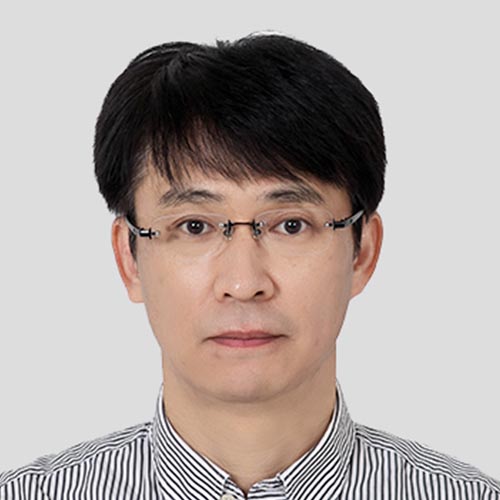
An Overview of the Korean Moon mission, KPLO
Eunhyeuk Kim
KARI, S. Korea
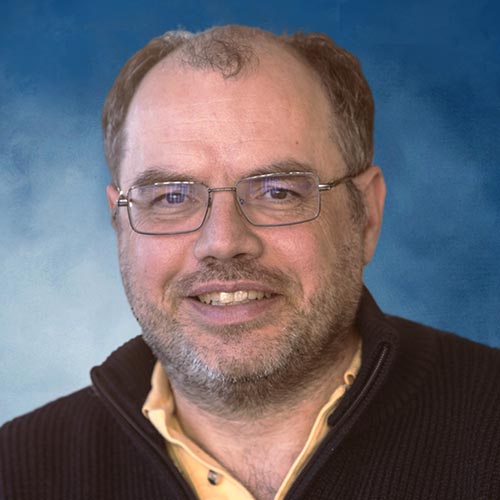
Exploration of Terrestrial Planetary Atmospheres
Ralph Lorenz
JHU-APL, USA

Future European Exploration of Small Bodies: Hera, Comet Interceptor, and other projects
Jean-Baptiste Vincent
DLR, Germany
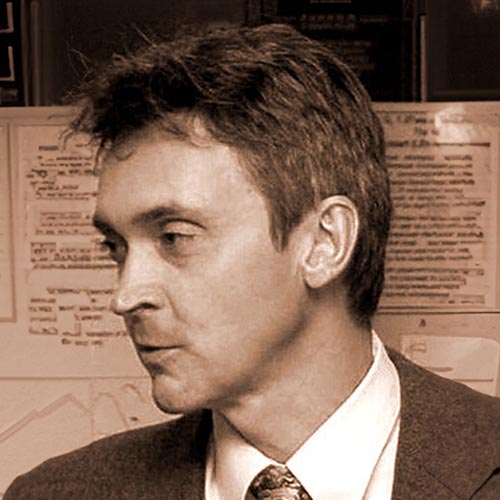
Atmospheric Chemistry Suite onboard ExoMars/TGO: six years of observations
Oleg Korablev
IKI, Russia
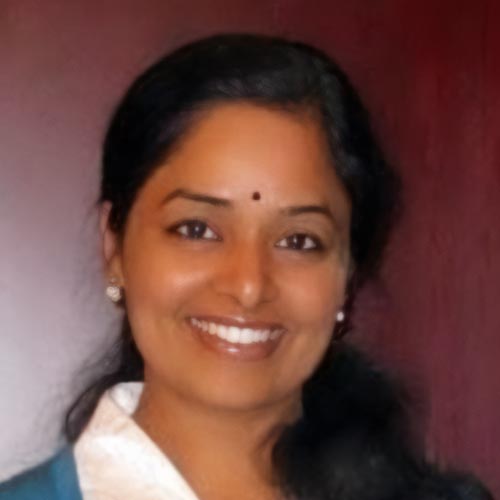
Indian Planetary Program
Shyama Narendranath
ISRO, India
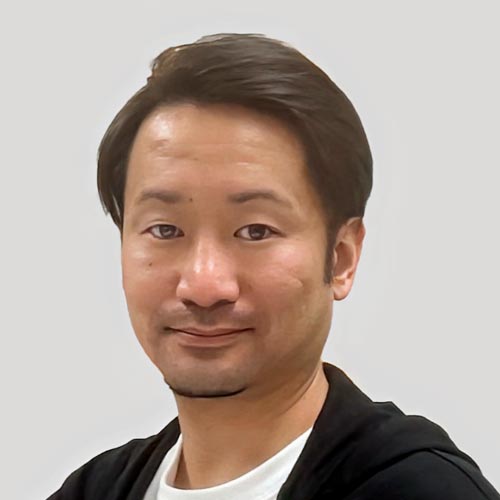
Overview of atmospheric escape from terrestrial planets: Role of magnetic field and solar activity
Shotaro Sakai
Tohoku Univ., Japan
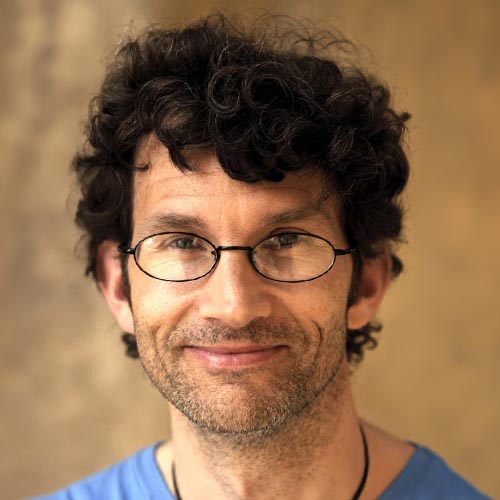
Overview of Numerical Modeling of Terrestrial Planetary Atmospheres
Sebastien Lebonnois
LMD, France
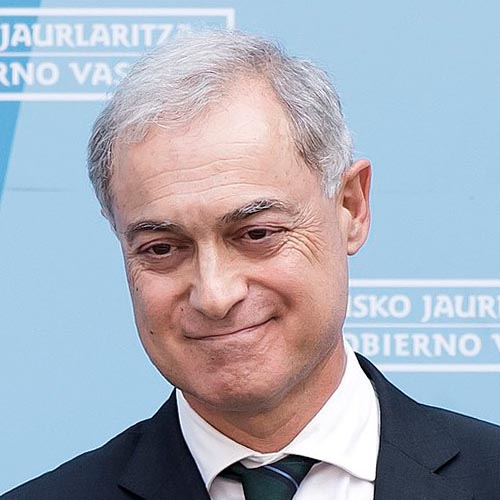
Comparative Atmospheric Dynamics
Agustin Sanchez-Lavega
Univ. of Basque Country, Bilbao, Spain
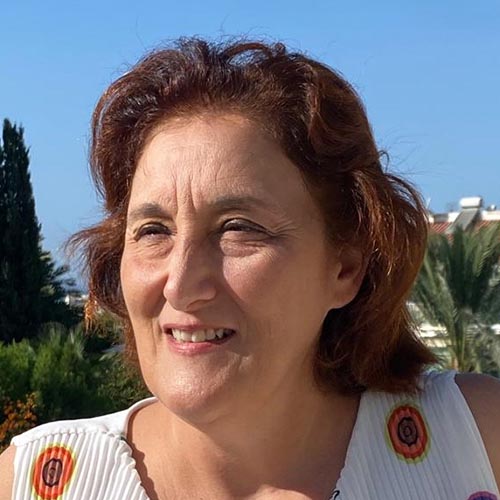
VeSCooR – To Support Future Three Venus Missions
Lucia Marinangeli
Universita G. d’Annunzio, Italy
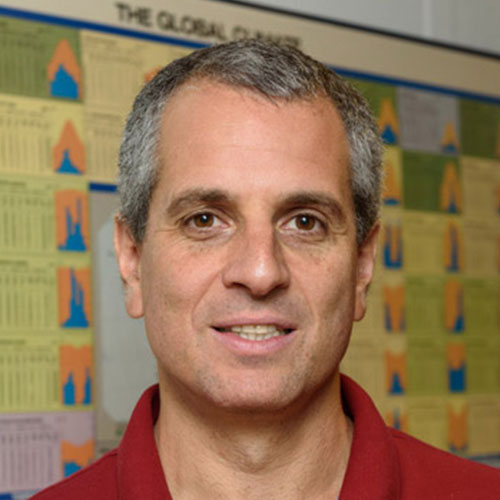
Revealing the deep atmosphere and interior of Jupiter with Juno
Yohai Kaspi
Weizmann Institute of Science, Israel
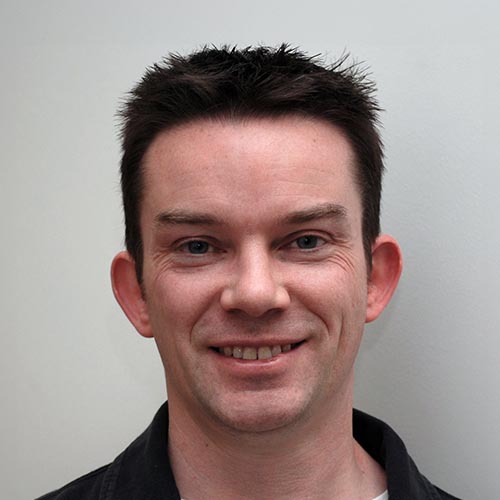
An Overview of Atmospheric Chemistry in Outer Planets/Moons
Conor A. Nixon
NASA Goddard Space Flight Center, USA
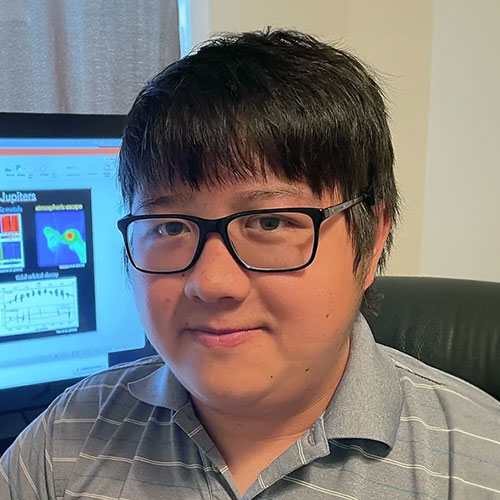
Solar System Science in the Era of JWST
Ian Wong
Space Telescope Science Institute, USA
Registration
Registration is free of charge. PSSE provides receptions, lunch, coffee and snacks.
On-site registration is available on July 22 from 5:00 PM to 7:00 PM, and on July 23 from 9:00 AM to 6:00 PM
Registration
Pre-registration is closed.
On-site registration is available.
If you want to submit your abstract later, you can submit at here after registration.
Organizers
SCIENTIFIC ORGANIZING COMMITTEE
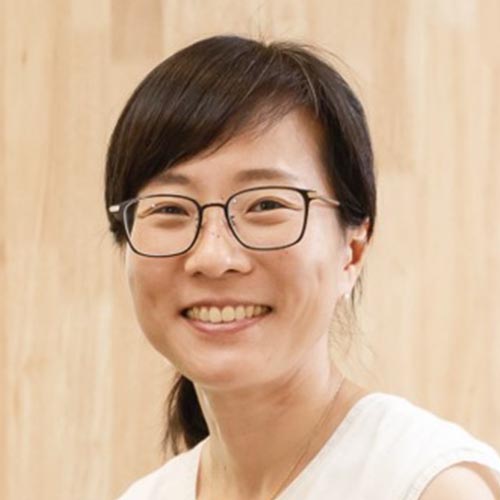
Yeon Joo Lee Chair
Planetary Atmospheres Group, Institute for Basic Science, S. Korea
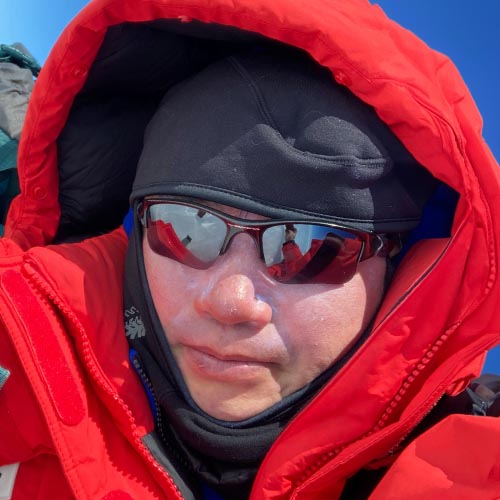
Changkun Park
Korea Polar Research Institute (KOPRI), S. Korea
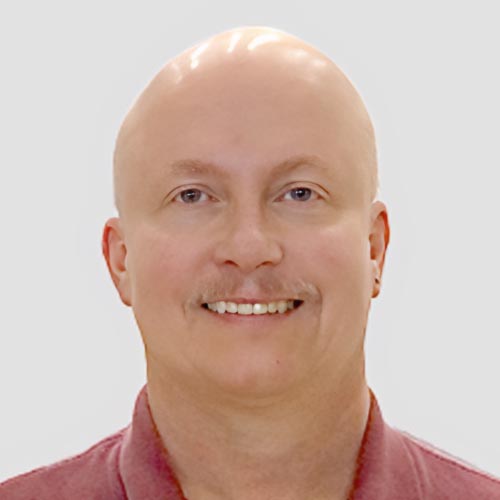
Dean Hines
Space Telescope Science Institute (STScI), USA
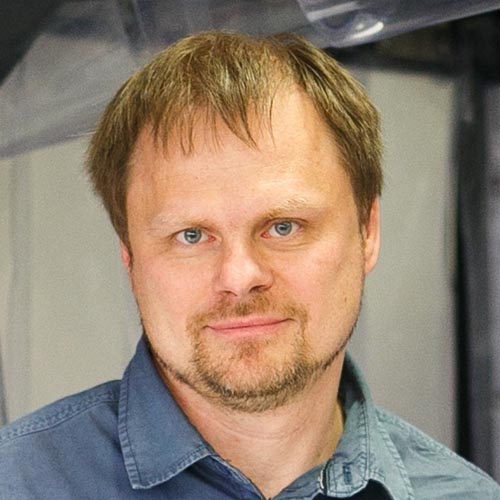
Denis Belyaev
Space Research Institute (IKI), Russia
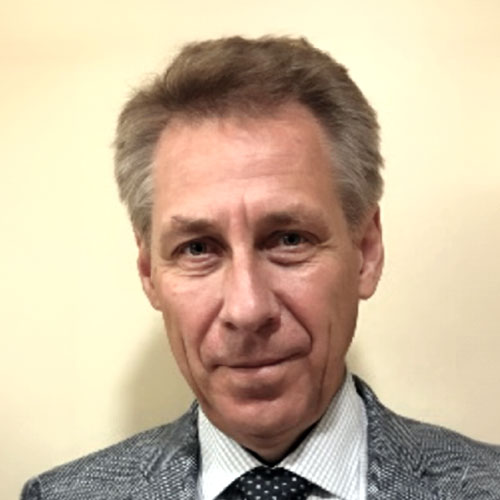
Dmitri Titov
Sun Yat-sen University, China
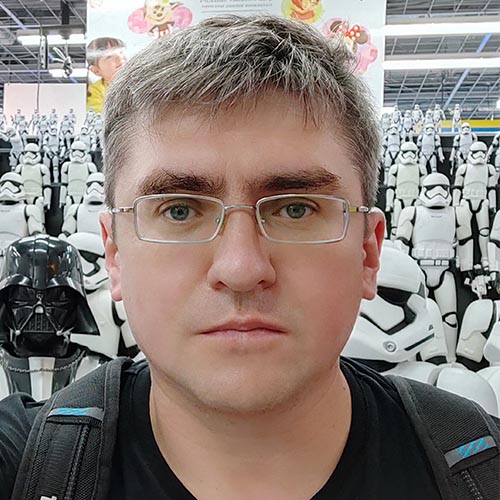
Evgenij Zubko
Planetary Atmospheres Group, Institute for Basic Science, S. Korea
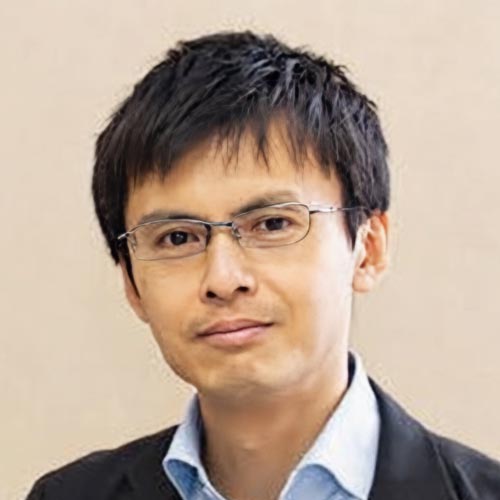
Imamura Takeshi
University of Tokyo, Japan
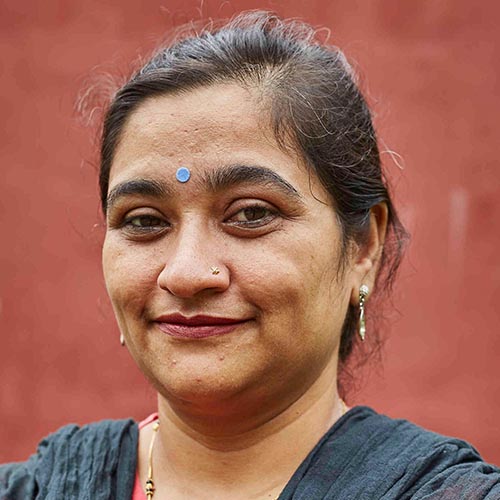
Megha Upendra Bhatt
Physical Research Laboratory (PRL), India
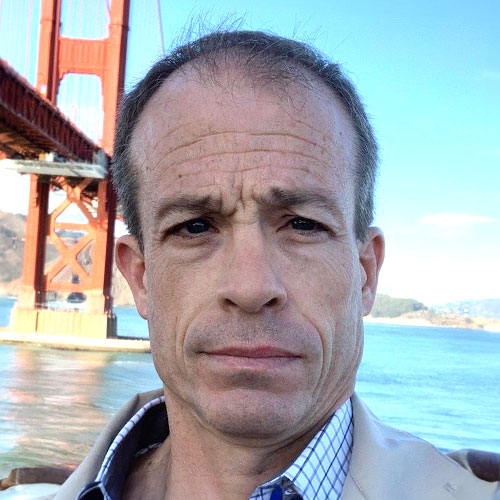
Michael Wolff
Space Science Institute, USA
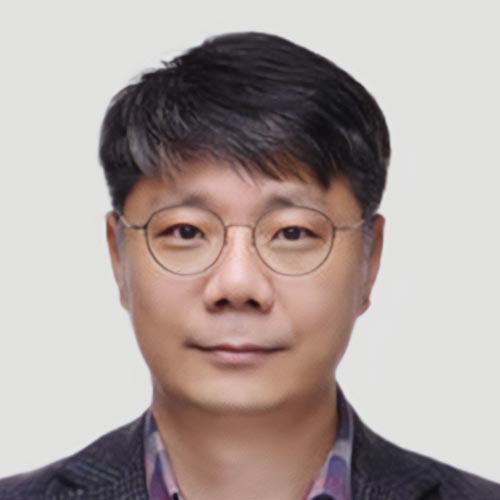
Young-jun Choi
Korea Astronomy and Space Science Institute, S. Korea
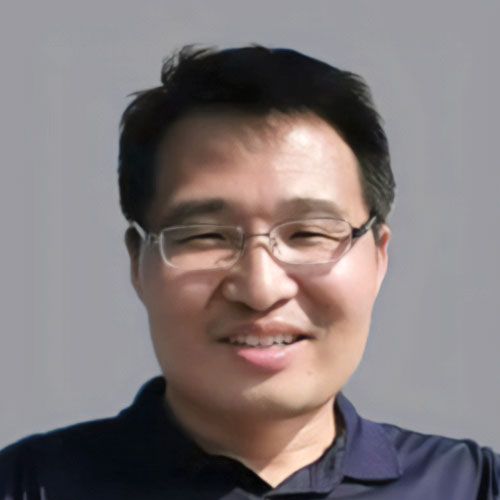
Zhengqiang Li
University of Chinese Academy of Sciences, China
LOCAL ORGANIZING COMMITTEE

Yeon Joo Lee
Planetary Atmospheres Group, Institute for Basic Science, S. Korea

Evgenij Zubko
Planetary Atmospheres Group, Institute for Basic Science, S. Korea
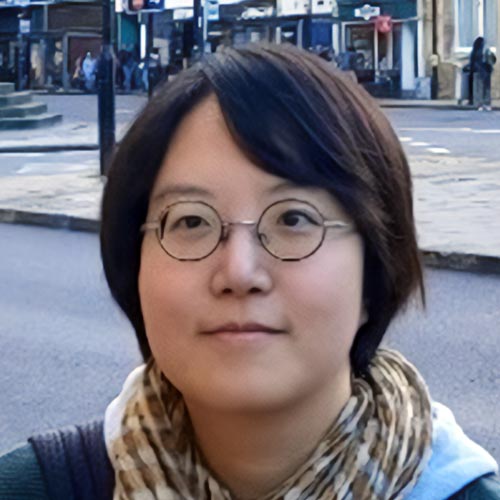
Semyeong Oh
Planetary Atmospheres Group, Institute for Basic Science, S. Korea
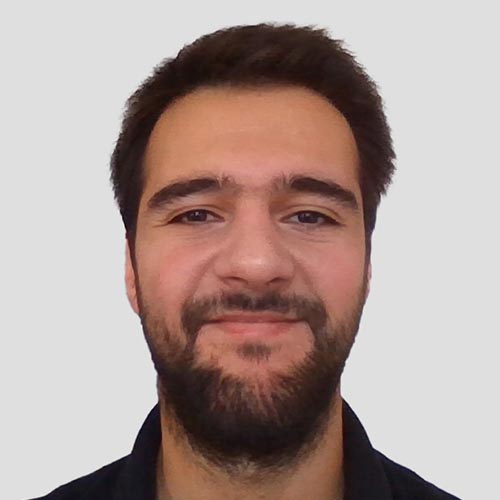
Jose Eduardo Oliveira Silva
Planetary Atmospheres Group, Institute for Basic Science, S. Korea
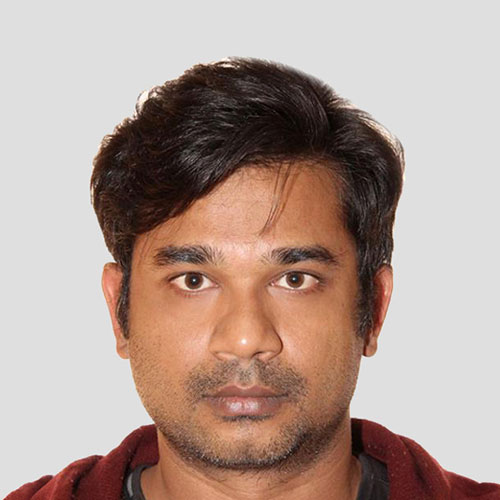
Ashimananda Modak
Planetary Atmospheres Group, Institute for Basic Science, S. Korea
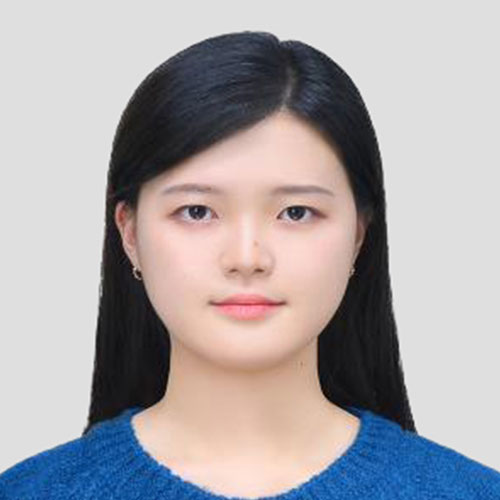
Hyeon Ju Kang
Planetary Atmospheres Group, Institute for Basic Science, S. Korea / Yonsei University, S. Korea
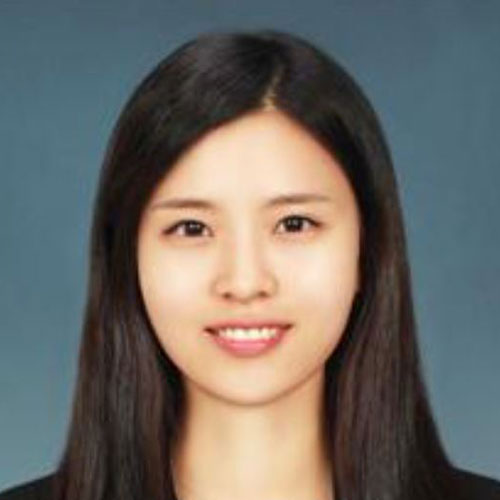
Jieun Shin
Institute for Basic Science, S. Korea
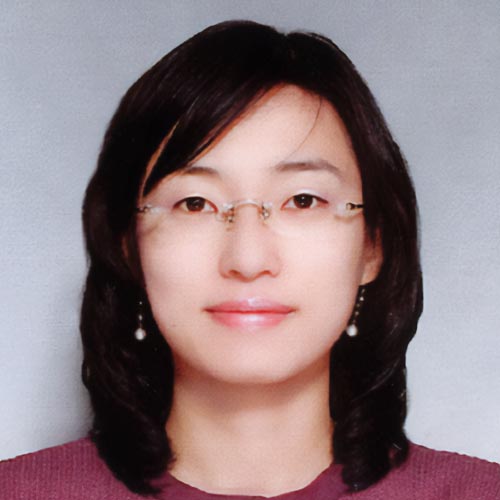
Jiyeon Yeo
Institute for Basic Science, S. Korea

Rommy L. S. E. Aliste Castillo
Institute for Basic Science, S. Korea
Excursion
Gongju Traditional Korean Village
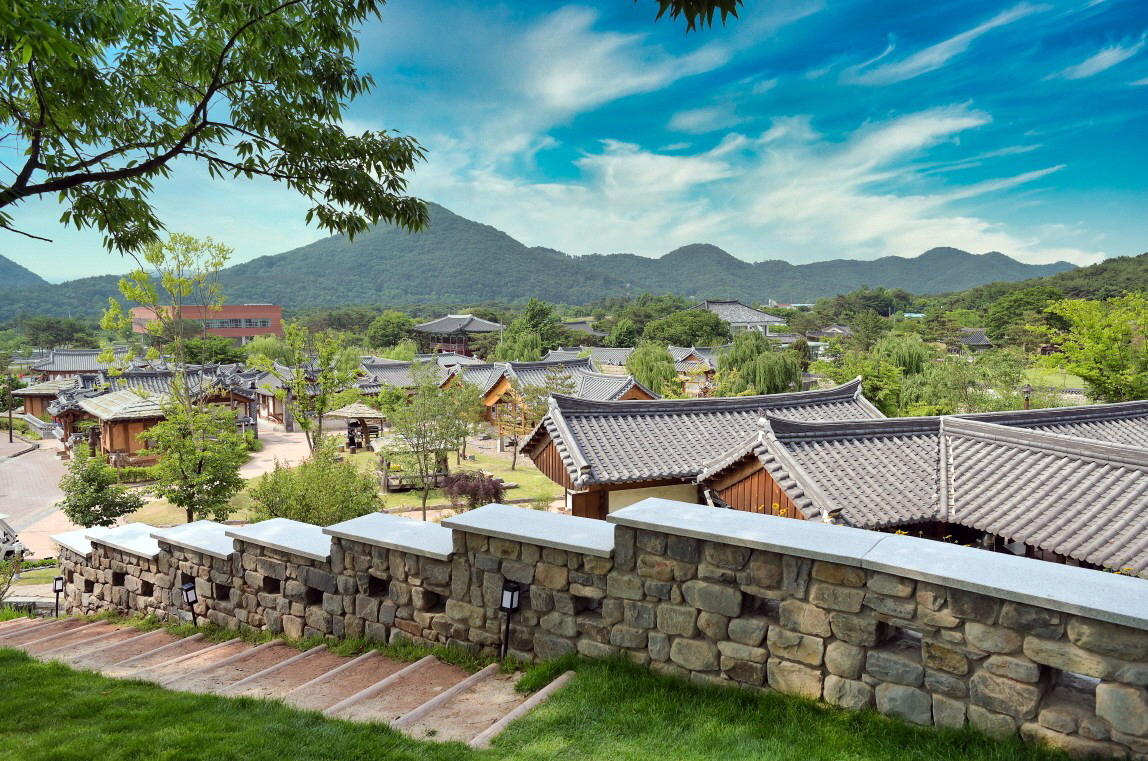
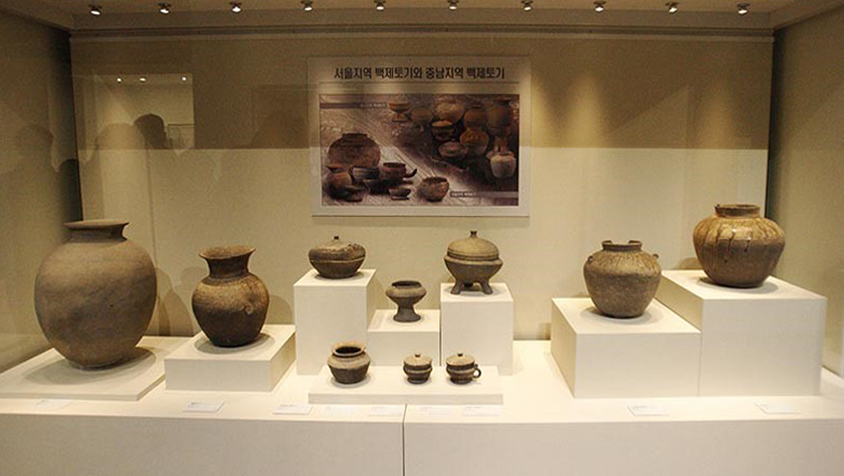
Gongju Traditional Korean Village, located in Gongju City, Chungcheongnam-do, is a unique destination that beautifully blends traditional Korean culture with modern amenities. Situated between Muryeong King’s Tomb and the National Gongju Museum, the village offers a range of accommodation options, including group and individual lodging, enhanced by additional facilities and a shopping center.
The village is constructed using an eco-friendly traditional floor heating system, ensuring comfort during your stay. The buildings are made from pine and Japanese cedar, which are renowned for their safety and durability. These traditional materials are complemented by modern conveniences, making the village an ideal vacation spot for families, groups of students, and other visitors.
While staying at Gongju Traditional Korean Village, guests can immerse themselves in the cultural heritage of the Baekje Dynasty. In addition to the cultural experiences, the area around the village boasts numerous accommodations and scenic trekking courses, offering plenty of opportunities for exploration and adventure. Gongju Traditional Korean Village is a place where the past and present converge, creating unforgettable memories for all who visit.
Description
| Time | Description |
|---|---|
| 13:30-14:30 | Move to the Gongju Traditional Korean Village |
| 14:30-15:30 | National Gongju Museum |
| 15:30-17:30 | Experience of Traditional Culture in Gongju Traditional Korean Village |
| 17:30-19:00 | Dinner |
| 19:00-20:00 | Move to the IBS HQ |
Venue
Auditorium, 2F, Science Culture Center Institute for Basic Science (IBS)
55, Expo-ro, Yuseong-gu, Daejeon, South Korea, 34126
There are two gates in the IBS Science Culture Center. Please come to the gate on the right side of the building.

